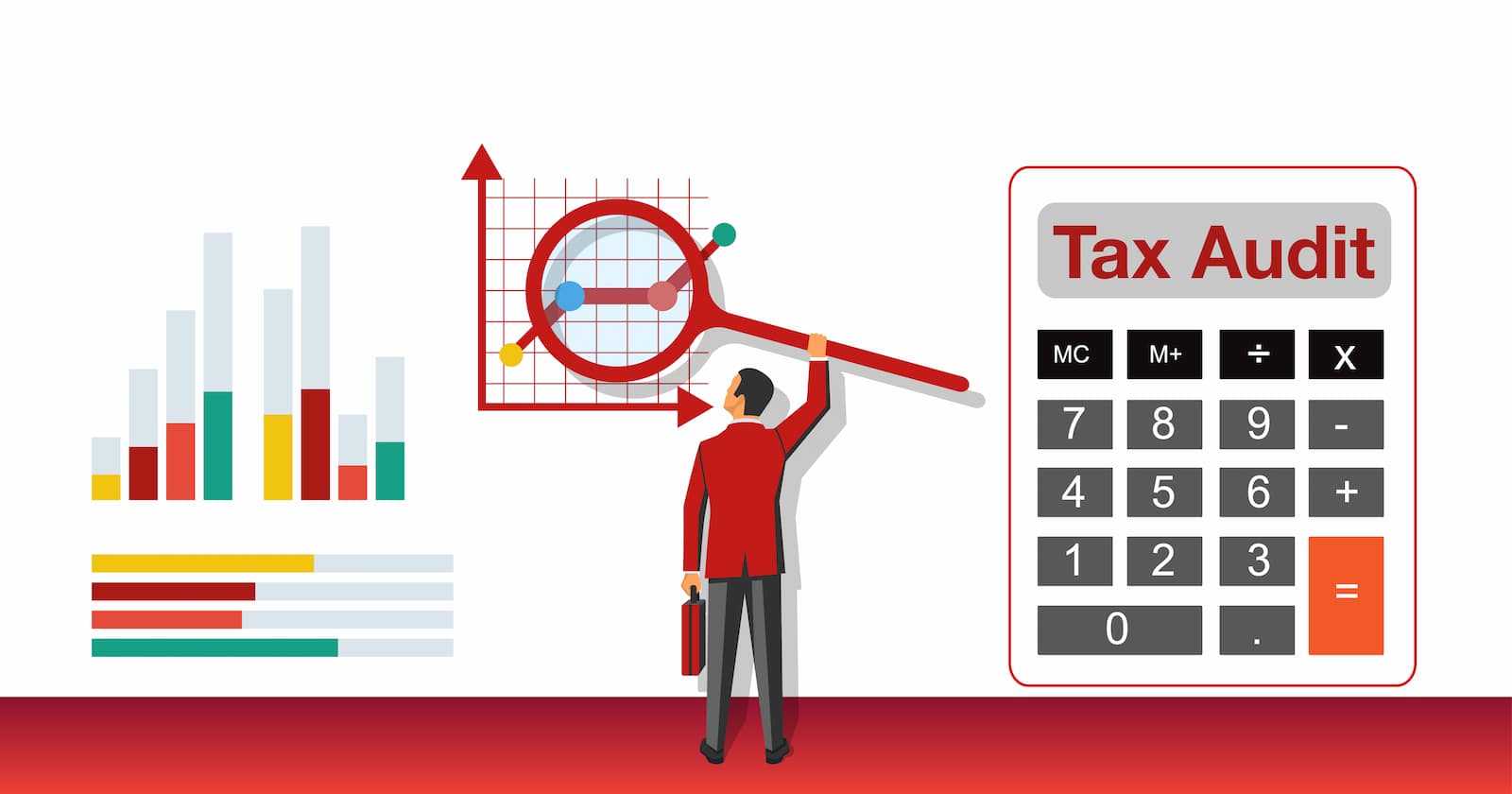
Preparing for a tax audit can be daunting, but thorough preparation can help ensure compliance and minimize potential issues. Here’s a comprehensive guide to prepare for a tax audit:
- Understand the Audit Process
Notification: Typically, you will receive a letter or notice from the IRS or tax authority informing you of the audit and specifying the tax years under review. Scope: Understand the scope of the audit, which may focus on specific items or involve a comprehensive examination of your tax return. - Gather Documentation
Tax Returns: Collect and organize copies of tax returns and supporting documents for the audit period. This includes income statements, expense receipts, deductions, credits claimed, and any amendments made. Financial Records: Maintain detailed financial records such as bank statements, investment statements, payroll records, and invoices that support reported income and expenses. - Review Tax Laws and Regulations
Stay Informed: Familiarize yourself with relevant tax laws, regulations, and IRS guidelines applicable to your business or personal tax situation. Seek professional advice if needed. Compliance Check: Ensure all reported income, deductions, credits, and tax calculations comply with current tax laws to preempt potential discrepancies. - Organize and Label Documents
Document Management: Organize documents logically and label them clearly to facilitate easy access and reference during the audit. Chronological Order: Arrange documents chronologically or by tax year to streamline the audit process and demonstrate consistency in recordkeeping. - Conduct Internal Audit Preparation
Self-Audit: Perform an internal audit or review of your tax records and financial statements to identify potential inconsistencies or discrepancies. Accuracy Check: Verify the accuracy of reported figures and calculations against supporting documents to ensure they align with tax return filings. - Maintain Communication Records
Correspondence: Keep copies of all correspondence with the IRS or tax authority related to the audit. Document dates, discussions, and agreements reached during audit meetings or phone calls. - Consult with Tax Professionals
Tax Advisor: Consider hiring a tax attorney, certified public accountant (CPA), or enrolled agent with experience in tax audits. They can provide expert guidance, represent you during the audit, and communicate with auditors on your behalf. Expert Advice: Seek advice on responding to audit inquiries, preparing documentation, and resolving potential issues to ensure compliance and minimize audit risks. - Respond Promptly and Cooperatively
Timely Response: Respond promptly to audit requests for information or documentation. Request extensions if additional time is needed, but maintain communication with the auditor. Cooperation: Cooperate fully with auditors, provide accurate information, and address audit inquiries transparently. Professionalism and cooperation can expedite the audit process. - Prepare for Potential Outcomes
Audit Findings: Be prepared for potential audit findings, adjustments, or discrepancies identified by auditors. Understand your rights and options for disputing audit findings if necessary. Appeals Process: Familiarize yourself with the appeals process and requirements for challenging audit results if you disagree with audit findings or adjustments proposed by the IRS. - Document Lessons Learned
Audit Review: After the audit, review the process and outcomes. Document lessons learned, including areas for improvement in recordkeeping, compliance, and audit preparation for future tax filings. - Maintain Compliance Going Forward
Future Compliance: Implement best practices in tax recordkeeping, reporting, and compliance to minimize the likelihood of future audits and ensure ongoing tax compliance.




